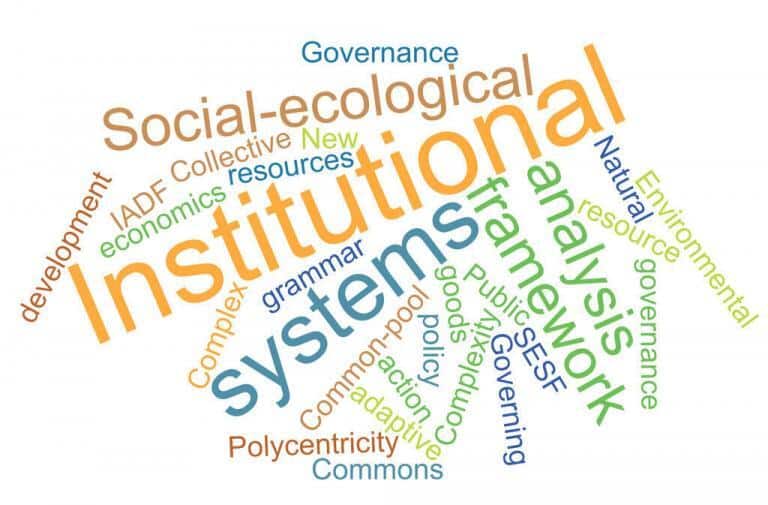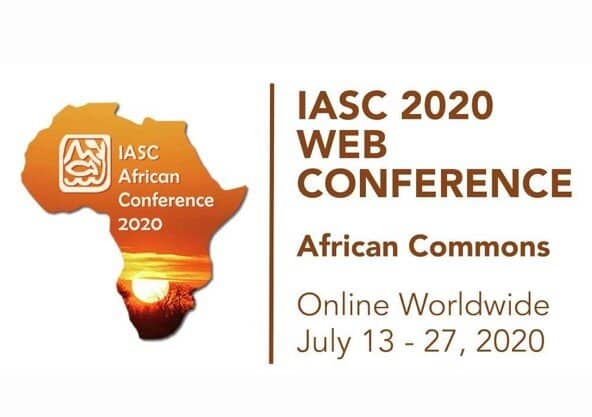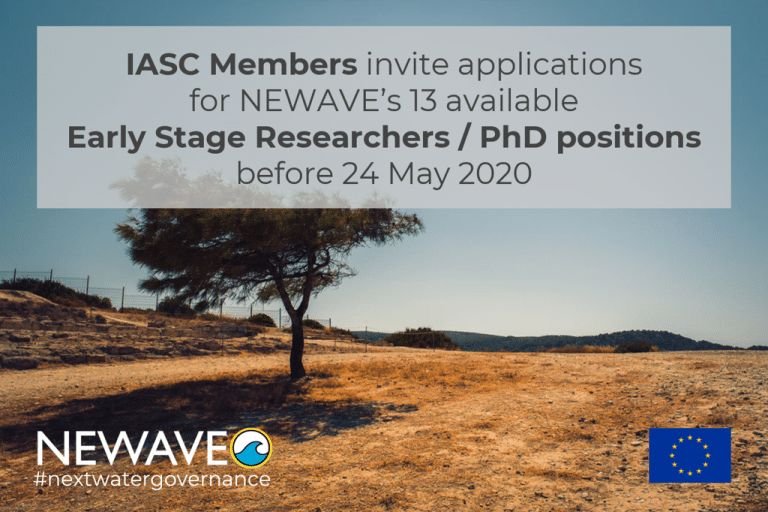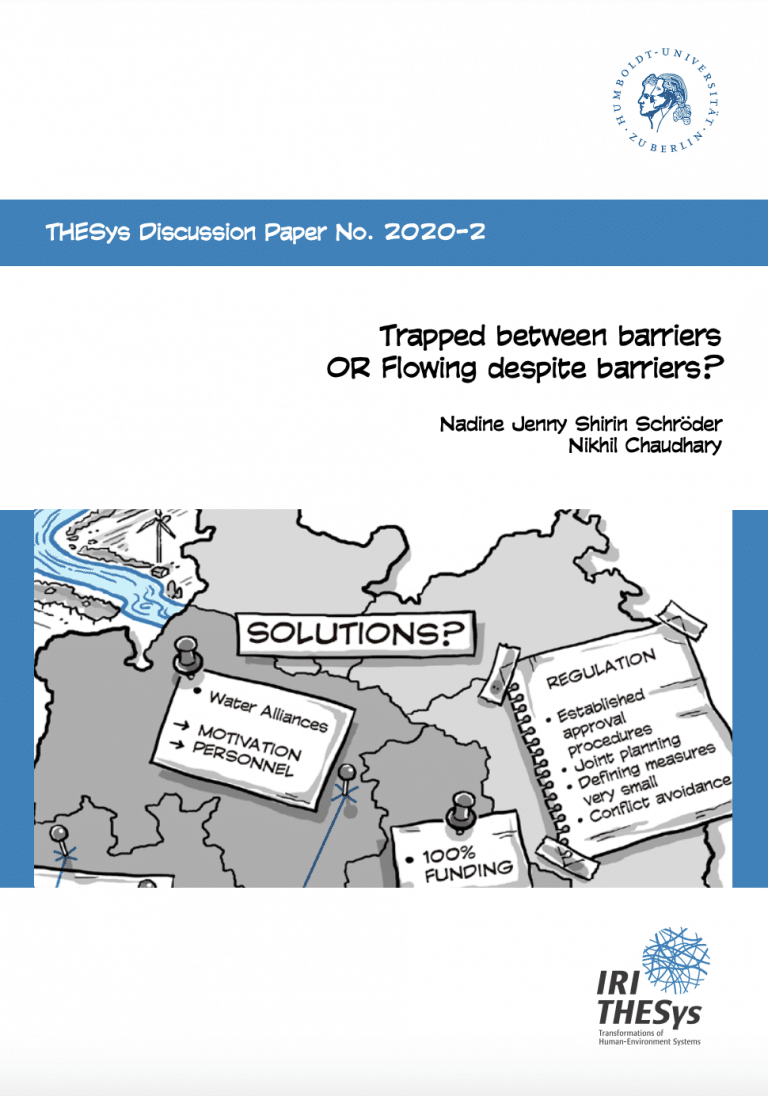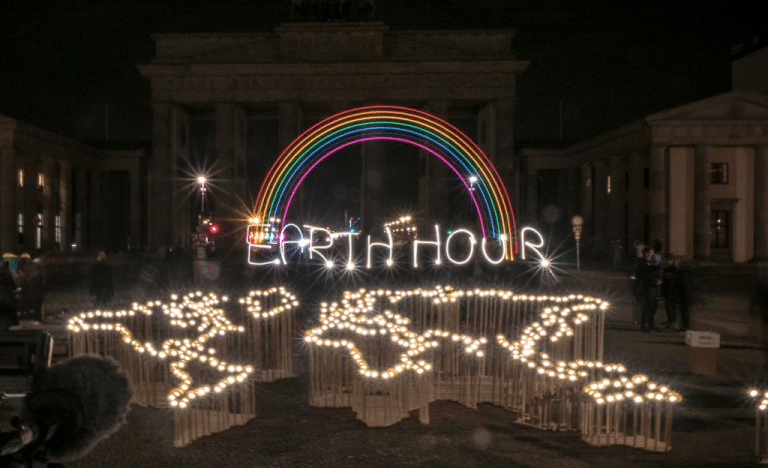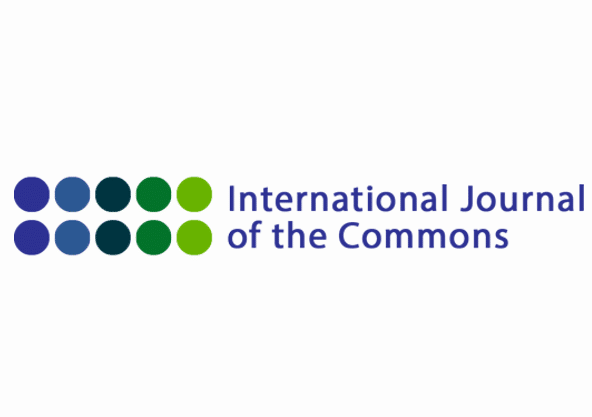About IASC Europe & CIS
The IASC was founded on May 27, 1989 and its legal address has been at Indiana University since then. Various global, regional and topical conferences have been organized in Europe over the years. Since 2018 we started to decentralize our coordination, particularly to facilitate understanding and practice of commons on more regional and local levels. We would like to support communication among the members as well as potential members of the association within the region/country/thematic areas, and reach out to broader external audiences.
Latest News
IASC Early Career Network Meeting on Institutional and Social-Ecological Systems Analysis – Oct 5-6 (extended deadline)
IASC members cordially invite to the online meeting of the IASC Early Career Network. Now registration is open until August 21, 2020.
IASC 2020 Web Conference on African Commons held on July 13-27
IASC 2020 Web Conference on African Commons was held from July 13 to 27. Some of the key topics and links are summarized here.
Call for Papers: Networks of Action Situations in Social-Ecological Systems Research, abstract deadline Aug 31, 2020
Several IASC Members call for contributions to the upcoming Special Feature in Sustainability Science. It will build on a series of panels organized at a ...
Does our response to coronavirus have to be a tragedy of the commons?
Insa Theesfeld reflects on the cancellation of multiple events and other restrictions due to coronavirus outbreak from the commons perspective.
Call for Applications: 13 ESR/PhD positions in Water Governance as part of the H2020 Marie Skłodowska-Curie ITN ‘NEWAVE: Next Water Governance’ – Apply by May 24, 2020
IASC Members invite applications in the field of adaptive water governance, political ecology of water and water justice, community and polycentric water governance.
Communicating research results: A science comic about the EU Water Framework Directive
Often how we communicate our research and results has an impact on whether it leads to better understanding and perhaps actual change. IASC Member Nadine ...
Join us at the Earth Hour for a Global Commons!
On Saturday March 28, 2020, 8:30 PM Central European Time (GMT+1) the world community will celebrate the Earth Hour. Join us and help place the ...
30th anniversary of Ostrom’s Governing the Commons, Special Issue on Central Asia, & more in new volume of IJC
The trends in the last 50 years of commons research, Special Issue on Central Asia, and much more in the new volume of the International ...
Have news and want to post them here?
Now you can send your news about relevant events, publications, job opportunities, and other news-worthy information directly to us.
(membership required)
Join Us
Become an IASC Member
… and enjoy all member benefits, such as:
* reduced conference fees
* free attendance to IASC workshops
* your announcements on IASC Europe website and Global IASC Newsletter
* reduced publication fees on our International Journal of the Commons
* finding fellow-experts via our members directory
* free access to resources
and more…
World Commons Week
Regional Coordination Team
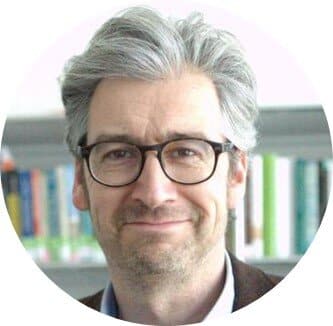
Tobias Haller
Extraordinary Professor in Social Anthropology, University of Bern, Switzerland
Tobias Haller is Extraordinary Professor in Social Anthropology at the Institute of Social Anthropology, University of Bern, Switzerland and lecturer at the ETH Zurich. He studied at the University of Zurich social anthropology, geography and sociology and made his PhD and his habilitation at the University of Zurich. After being project leader in the NCCCR North-South, he was appointed as Director of the Swiss Network for International Studies in Geneva in 2008. In 2009 he became Associate professor at the Institute of Social Anthropology in Bern until 2014 when he received an extraordinary professorship at the same institute.
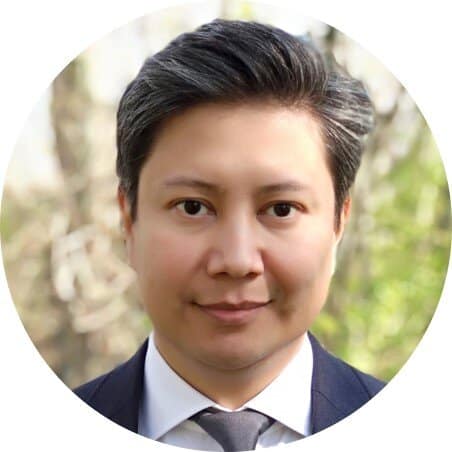
Ilkhom Soliev
Professor of Environmental Sociology and Director of the Social Learning and Environmental Governance Lab, Martin Luther University Halle-Wittenberg (MLU), Germany and German Centre for Integrative Biodiversity Research (iDiv)
Ilkhom Soliev is an institutional economist and interdisciplinary social-environmental researcher with focus on governance of common pool resources. He studies behavioral and institutional change for equitable and sustainable environmental governance. He examines societal transformations and path dependence across natural resource domains of water, land, forests, biodiversity, and climate, as well as in various cultural and political contexts. Currently he is leading the Horizon Europe Project PLANET4B. His most recent interests include experiential learning, survey experiments, power of discourse and social movements in the context of environmental governance, as well as transdisciplinary approaches to values and rights of nature.

